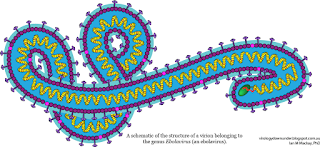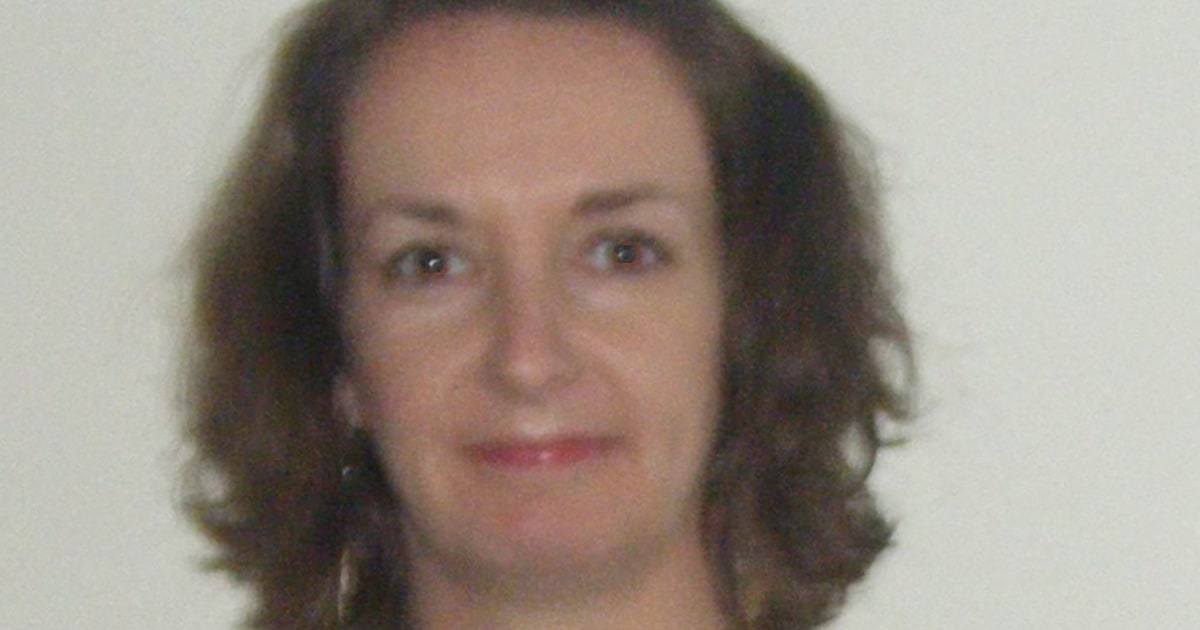See also:
NHS Scotland - Confirmed case of Ebola diagnosed in Glasgow - Nurse Pauline Cafferkey treated at Royal Free London hospital - free of the virus - discharged
A Scottish nurse who contracted Ebola in Sierra Leone has been readmitted to an isolation unit in London following an "unusual late complication".
NHS Greater Glasgow and Clyde confirmed that the virus is present in Pauline Cafferkey but said it was left over from the original infection.
It is not thought to be contagious.
The 39-year-old, from Cambuslang, South Lanarkshire, has been flown back the isolation unit at the Royal Free Hospital in London.
Ms Cafferkey spent almost a month in the unit at the beginning of the year after contracting the virus in December 2014.
MORE:
NHS Scotland - Confirmed case of Ebola diagnosed in Glasgow - Nurse Pauline Cafferkey treated at Royal Free London hospital - free of the virus - discharged
A Scottish nurse who contracted Ebola in Sierra Leone has been readmitted to an isolation unit in London following an "unusual late complication".
NHS Greater Glasgow and Clyde confirmed that the virus is present in Pauline Cafferkey but said it was left over from the original infection.
It is not thought to be contagious.
The 39-year-old, from Cambuslang, South Lanarkshire, has been flown back the isolation unit at the Royal Free Hospital in London.
Ms Cafferkey spent almost a month in the unit at the beginning of the year after contracting the virus in December 2014.
MORE:





Comment